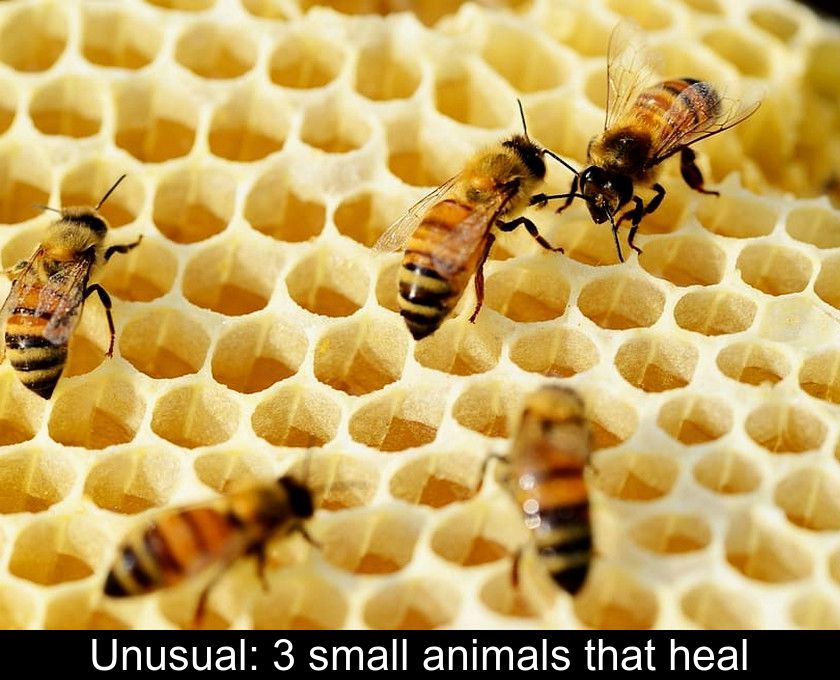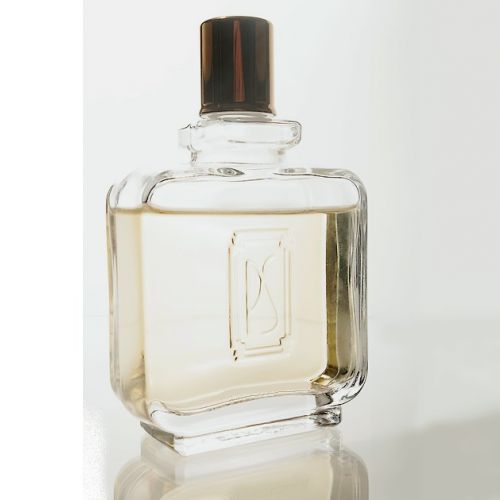Unusual: 3 Small Animals That Heal
If you have a phobia of insects and their bites, you will probably be surprised to learn that some small beasts are used to heal. We suggest you discover the therapeutic virtues of three species used in medicine, in French hospitals.
1- Leeches for blood circulation
As bizarre and disgusting as it sounds, about half of SOS hands and academic plastic surgery centers use leeches to optimize graft take.
These funny little beasts are very effective in facilitating blood flow after reimplantation of an amputated finger or vascularized skin flap.
In about 15% of the grafts, the blood return is difficult. The grafted tissue is clogged with blood and risks necrosis. We then resort to this innovative therapy called hirudotherapy: by pumping blood, leeches unclog the tissue and stimulate blood circulation.
These funny worms also have the advantages:
- they are easy to use since a leech delivered by the hospital pharmacy is applied directly to the skin
- they work quickly (they only need 20 to 30 minutes to work)
- they have a 'magic' saliva which contains a local anaesthetic and a powerful anticoagulant.
The treatment, which lasts about 10 days, is therefore painless and effective since the wound continues to bleed and de-clog even after the leech has been removed.
In 80% of cases, the use of leeches is sufficient to save the graft.
2- Maggots against infections
To treat some infected wounds, maggots, i.e. greenfly larvae, are also used.
These little worms are indeed able to clean a wound and stimulate the regrowth of vessels thanks to the enzymes they secrete. So, when a wound resists scalpel or antibiotics, maggots go into action!
This method, called larvotherapy, helps reduce the risk of superinfection in some cases of burns, bedsores, venous ulcers and chronic wounds that have trouble healing.
This amazing therapy is used in the geriatric department of the Bagnères-de-Bigorre hospital, but also in dermatology in Saint-Étienne and in the diabetic foot unit at the Centre hospitalier sud-francilien.
The advantages of larvotherapy are that it is painless and without side effects.
In practice, the larvae are enclosed in porous bags that are placed on the wound and maintained with dressings for 3 to 4 days.
The saliva from the maggots passes through the pouch and helps to clean the wound so that it does not become over-infected.
3- Honey to boost healing
You probably know about the many health benefits of honey, but did you know that there is medical honey, cleared of possible germs by the hospital pharmacy?
This special honey is used to treat deep wounds such as bedsores or cracks at the Gustave Roussy center and the Limoges University Hospital.
Indeed, it has the advantages of stimulating healing while limiting the risks of infection.
Honey is a good healing agent because its acidity and its concentration in sugars create an environment that prevents bacterial proliferation.
In addition, its composition contains natural antibiotics that limit the development of bacteria and promote tissue regeneration.
Finally, honey neutralizes the sulfurous products resulting from the decomposition of tissues and thus avoids the nauseating smell of certain advanced chronic wounds.
The treatment is very simple as it is sufficient to apply a sterile honey dressing directly on the wound or to place the honey in cavities with wicks, after cleaning with saline.
This method is only one of the numerous applications of apitherapy or bee therapy as beehives contain other therapeutic substances.
In particular, propolis with its recognized antiseptic and antifungal virtues and royal jelly secreted by bees to feed the queen and larvae are sold as food supplements.








